The Global Initiative Against Transnational Organized Crime (GI-TOC) announced the fourth edition of the Resilience Fellowship, which for 2023 will have human rights as its theme. Fellows will use their diverse perspectives to collaborate on a range of outputs based around this theme. As Resilience Fund Ambassadors, Fellows will also raise awareness on how organized crime contributes to human rights violations and advocate for better responses to these violations.
The Fellowship builds a platform for cross-sectorial, global and interdisciplinary collaboration between civil society actors, human rights activists, journalists, artists, scholars, policymakers, grassroots community leaders and others working to counter the effects of organized crime.
For the year 2023, a total of 10 Fellows will be selected. Applicants should have a background in any of the following fields: journalism and media; activism; advocacy and community mobilization; the creative arts (artists, writers, filmmakers, and others); community leaders (religious, cultural, youth leaders); academia (researchers, consultants, and scholars), human rights practitioners working directly with affected communities, and the public sector (policymakers).
Each fellow will receive US$15 000 (divided in three payments of US$5 000) to be executed with no other limitation than the principles of professionalism, integrity and transparency.
The Fellowship is part of the GI-TOC’s flagship Resilience Fund, which provides grants and support to civil society individuals and organizations working to counter the impacts of criminal governance and violence across the world.
The Call is available following this link>>>.

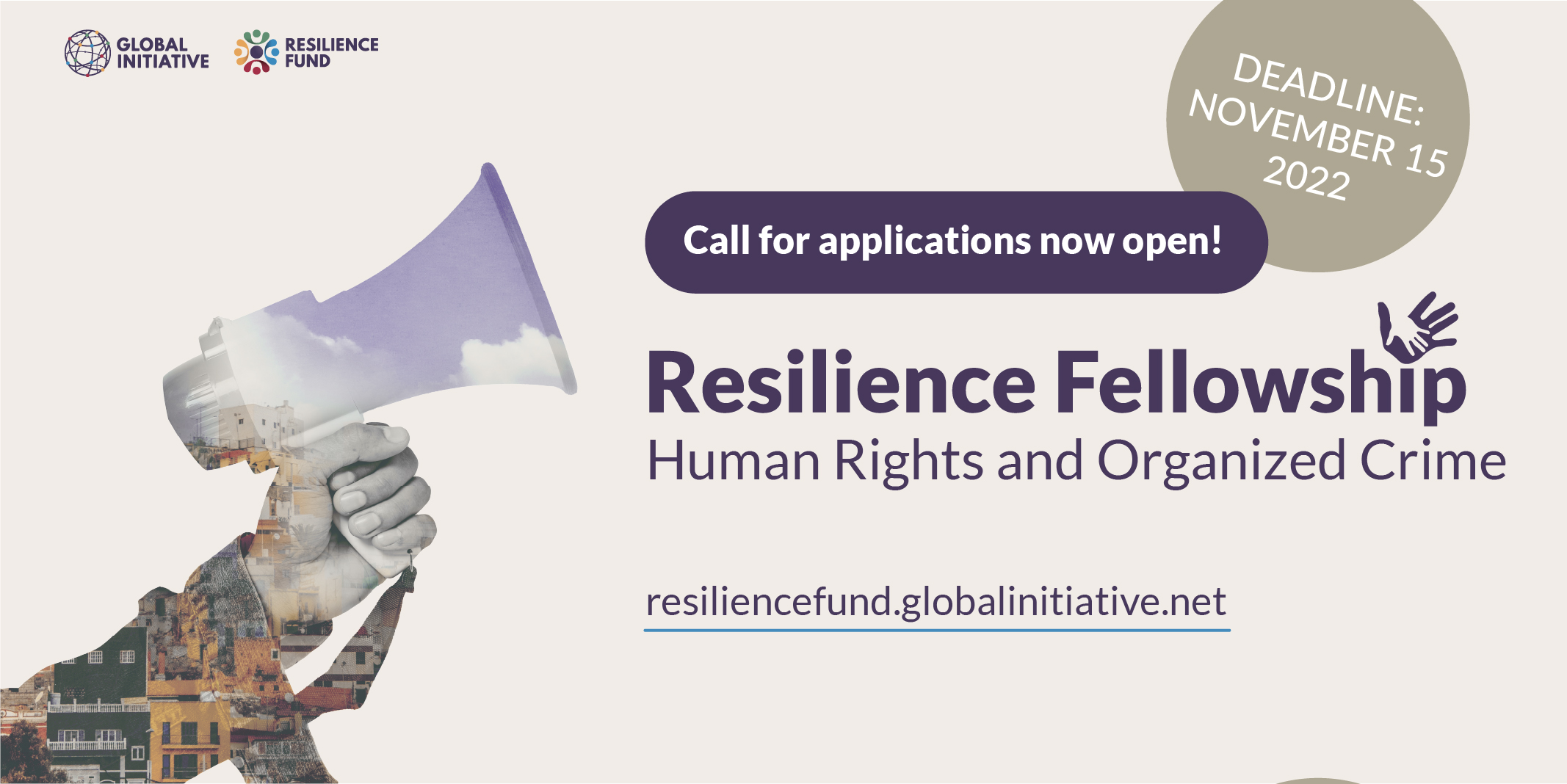
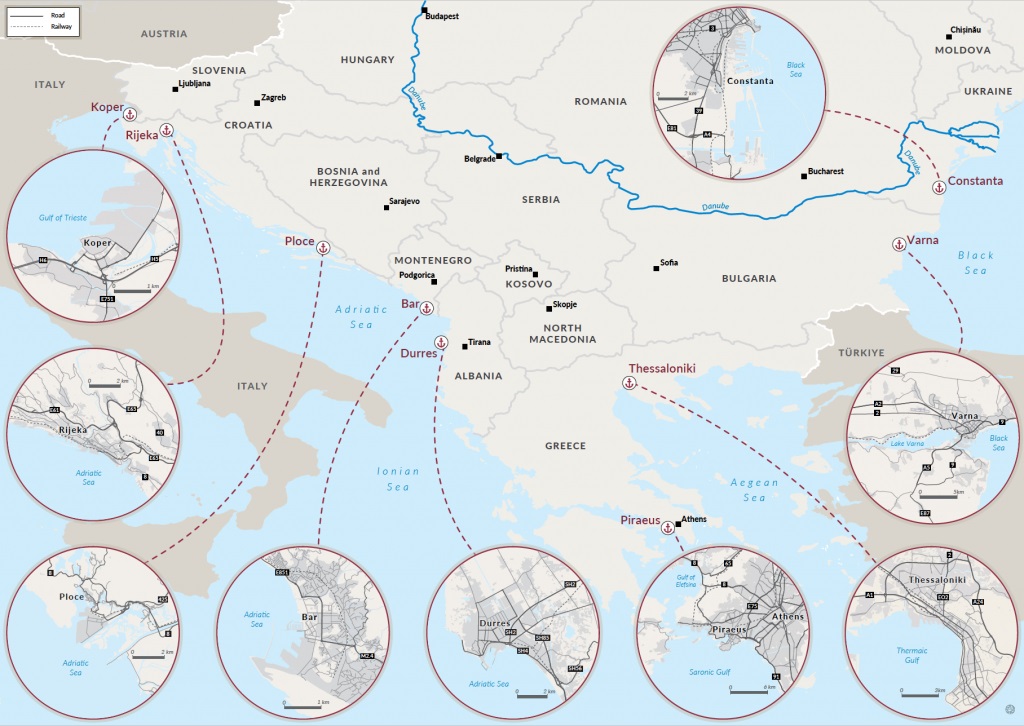
 Despite the prevalence of trade over land, South Eastern Europe (SEE) also contains more than a hundred ports and 12 container terminals, which are important entry and exit points for trade in the Adriatic, Aegean, Black and Ionian Seas, as well as along the Danube.
Despite the prevalence of trade over land, South Eastern Europe (SEE) also contains more than a hundred ports and 12 container terminals, which are important entry and exit points for trade in the Adriatic, Aegean, Black and Ionian Seas, as well as along the Danube.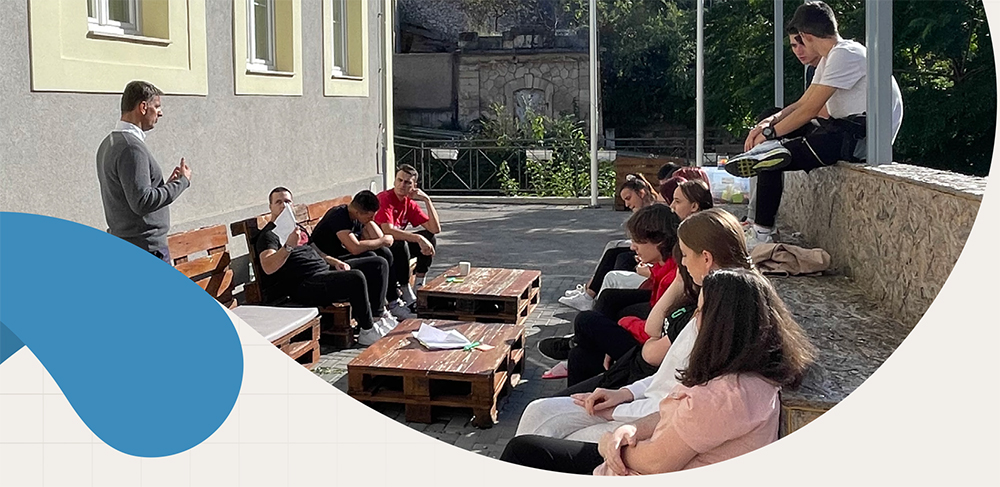
 To read the Report,
To read the Report, 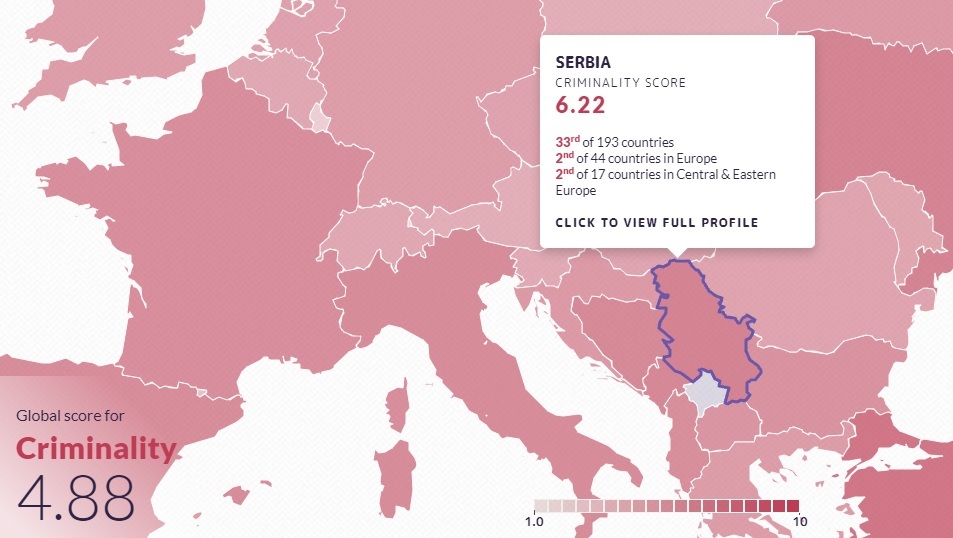
 The Index is the result of a two-year endeavour to evaluate levels of crime and resilience. Through this data, it is hoped that the Index will help inform a truly global response to the pervasive threat of transnational organized crime.
The Index is the result of a two-year endeavour to evaluate levels of crime and resilience. Through this data, it is hoped that the Index will help inform a truly global response to the pervasive threat of transnational organized crime.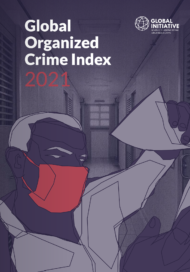 The Global Organized Crime Index is available
The Global Organized Crime Index is available 
 The Global initiative against transnational organised crime (
The Global initiative against transnational organised crime ( To read the report,
To read the report, 
 The SOCTA 2021 provides an overview of the current state of knowledge on criminal networks and their operations based on data provided to Europol by Member States and partners and data collected specifically for the SOCTA 2021. In trying to overcome the established, and limiting, conceptualisation of organised crime groups, this assessment focuses on the roles of criminals within criminal processes and outlines how a better understanding of those roles allows for a more targeted operational approach in the fight against serious and organised crime.
The SOCTA 2021 provides an overview of the current state of knowledge on criminal networks and their operations based on data provided to Europol by Member States and partners and data collected specifically for the SOCTA 2021. In trying to overcome the established, and limiting, conceptualisation of organised crime groups, this assessment focuses on the roles of criminals within criminal processes and outlines how a better understanding of those roles allows for a more targeted operational approach in the fight against serious and organised crime.




 The Global Initiative against Transnational Organized Crime (
The Global Initiative against Transnational Organized Crime (